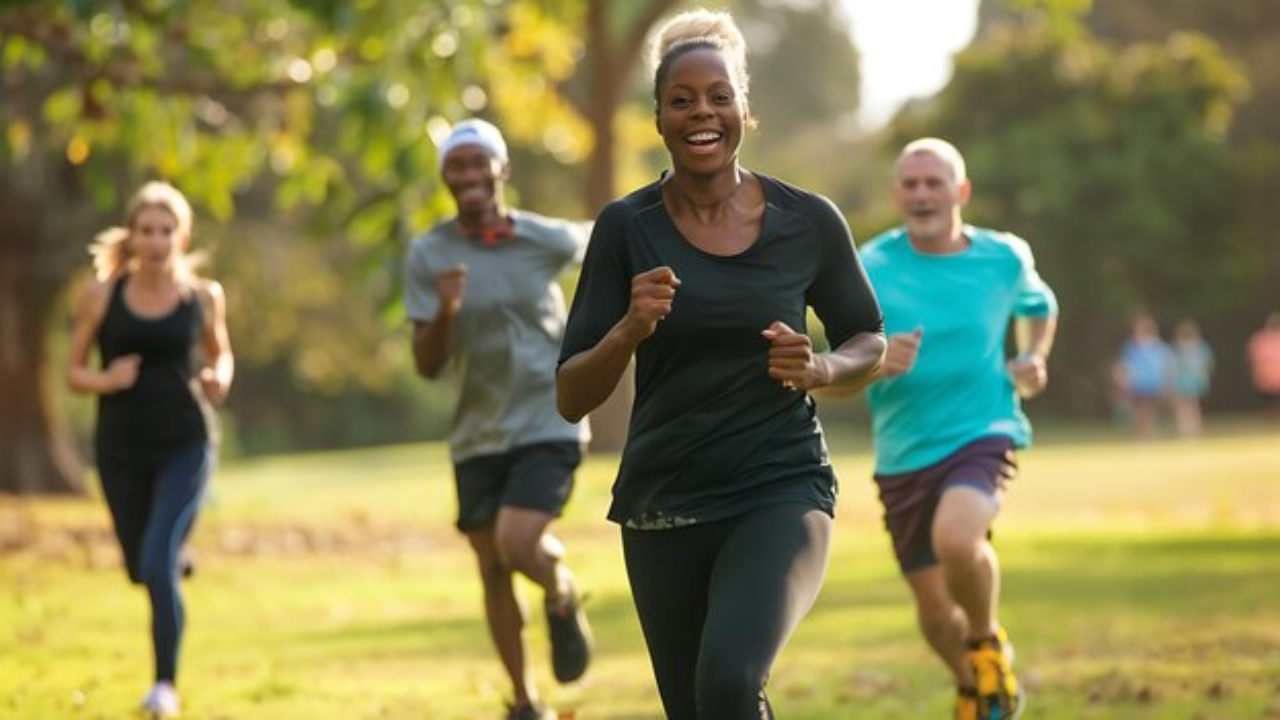Why It's Never Too Late To Pick Up A New Sport, Tips For Older Adults To Safely Navigate The Challenge

Sports at an older age (Credit-Freepik)
SummaryRediscovering the joy of physical activity and sports in your later years can be incredibly rewarding. It's essential to approach this journey with realistic expectations. Here is what you need to know.
End of Article
